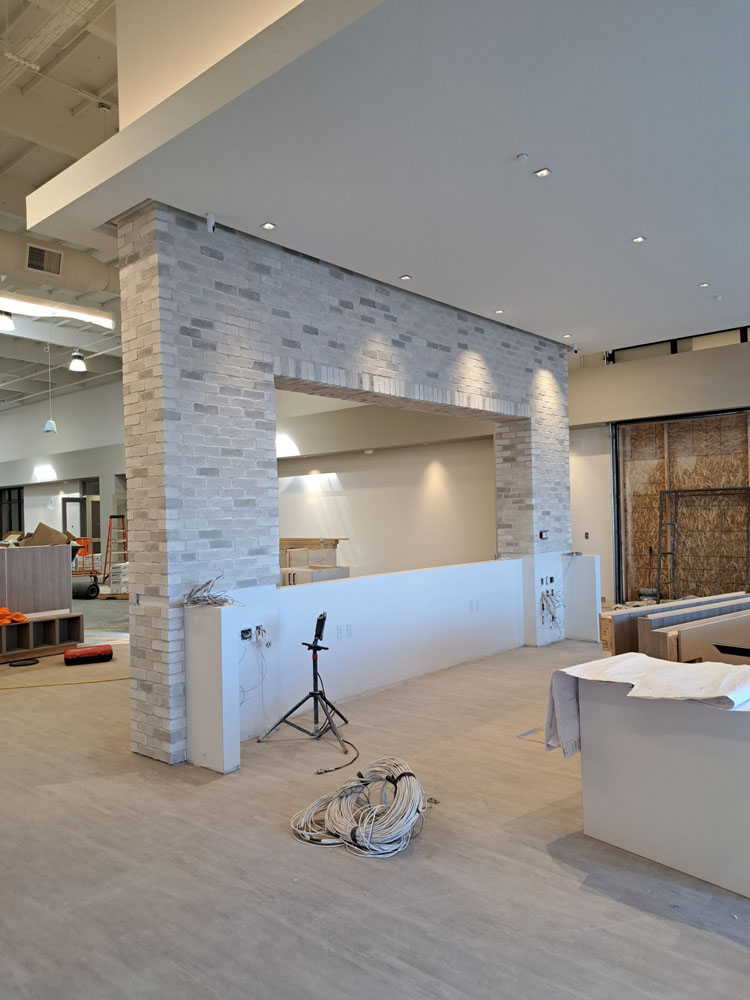Introduction
The home improvement industry is a dynamic field, constantly evolving with market demands, material innovations, and changing consumer preferences. Among the myriad of services offered within this sector, chimney repair has emerged chimney repair tips as an essential service for homeowners looking to maintain their properties. With increasing awareness around safety and efficiency, understanding the pricing trends in the home improvement industry, especially concerning chimney repair, is crucial for both homeowners and contractors. This article delves deep into these pricing trends, focusing on masonry chimney repair and other aspects that influence costs.
Pricing Trends in the Home Improvement Industry: Focus on Chimney Repair
As we explore pricing trends in the home improvement industry with a specific focus on chimney repair, several factors come into play. These include material costs, labor expenses, geographic location, seasonal demand fluctuations, and even regulatory requirements.
Understanding Chimney Repairs
What Does Chimney Repair Entail?
Chimney repair involves various tasks aimed at restoring or maintaining a chimney's functionality and safety. This includes repairing cracks or leaks, replacing damaged bricks or mortar in masonry chimneys, and ensuring proper ventilation to prevent hazardous fumes from entering living spaces.
Why Is Masonry Chimney Repair Important?
Masonry chimneys are particularly susceptible to wear and tear due to exposure to weather elements. Regular maintenance not only prolongs the lifespan of your chimney but also ensures it operates safely. Neglecting repairs can lead to significant hazards, including house fires or carbon monoxide poisoning.
Factors Influencing Pricing Trends in Chimney Repair
1. Material Costs
When discussing masonry chimney repair costs, it’s essential to consider material expenses. The type of bricks used, mortar quality, and additional materials like caps or flashing all impact overall pricing.
- Brick Type: Standard bricks may be cheaper than specialized firebricks. Mortar Composition: High-quality mortar can enhance durability but might increase upfront costs.
2. Labor Expenses
Labor costs can significantly affect pricing trends for chimney repairs. Skilled masons charge more due to their expertise compared to general laborers.
- Experience Level: Highly experienced professionals often command premium rates. Region Specificity: Labor costs can vary widely by region; urban areas tend to have higher rates than rural ones.
3. Geographic Location
Location plays a pivotal role in pricing trends within the home improvement industry:
| Region | Average Cost Range | |-------------------|--------------------| | Urban Areas | $200 - $500 | | Suburban Areas | $150 - $400 | | Rural Areas | $100 - $300 |

4. Seasonal Demand Fluctuations
Chimney repairs tend to peak during certain seasons:
- Fall Season: Before winter sets in, many homeowners invest in repairs. Spring Cleaning: Post-winter inspections also drive demand.
Current Market Prices for Masonry Chimney Repair
Average Costs per Service
The average cost for masonry chimney repairs varies based on numerous factors:
- Minor Repairs: Typically range from $150 to $300 Moderate Repairs: Can go from $300 to $800 Major Overhauls: May reach upwards of $1,000 or more
Common Types of Masonry Chimney Repairs
1. Crack Repair
Cracks are common issues that require prompt attention:
- Cost Range: Generally between $200 - $500 depending on severity.
2. Brick Replacement
Replacing damaged bricks is another frequent task:
- Cost Range: Typically ranges from $300 - $600 based on how many bricks need replacement.
The Importance of Regular Maintenance
Regular maintenance prevents extensive damage over time:
"An ounce of prevention is worth a pound of cure." – Benjamin Franklin
By engaging in periodic inspections and minor repairs early on, homeowners can save money long-term.
FAQs about Pricing Trends in the Home Improvement Industry: Focus on Chimney Repair
1. What are typical signs that my chimney needs repair?
Common signs include visible cracks along the brickwork, water stains inside your home near the fireplace area, or unusual odors emanating from your chimney.
2. How often should I have my chimney inspected?
It's advisable to have your chimney inspected at least once a year—preferably before winter when you plan to use your fireplace frequently.
3. Are there any DIY options for minor chimney repairs?
While some minor repairs can be handled by homeowners (like cleaning), professional help is recommended for structural issues due to safety concerns.
4. How does weather affect masonry chimneys?
Freeze-thaw cycles can cause significant damage over time if moisture seeps into cracks—particularly in colder climates where temperatures fluctuate dramatically.
5. Do permits affect my overall repair costs?
In many localities, permits may be required for major chimney work—a factor that can add anywhere from several dollars up to hundreds depending on local regulations.
6. Is it worth investing in high-quality materials for repairs?
Absolutely! Investing in quality materials upfront may lead to lower maintenance needs down the line while enhancing safety and longevity.
Conclusion
In summary, understanding pricing trends in the home improvement industry—especially pertaining to chimney repair—is essential not only for consumers but also contractors aiming to remain competitive. As we've explored throughout this article, various factors such as labor costs, material choices, geographical location influences prices significantly alongside seasonal demands.
Investing time into thorough research ensures informed decisions when hiring professionals for masonry chimney repair services while leading towards safer homes equipped with well-maintained chimneys ready for use year-round!
This comprehensive guide provides insight into current pricing dynamics while emphasizing why timely interventions regarding masonry chimneys should never be overlooked!